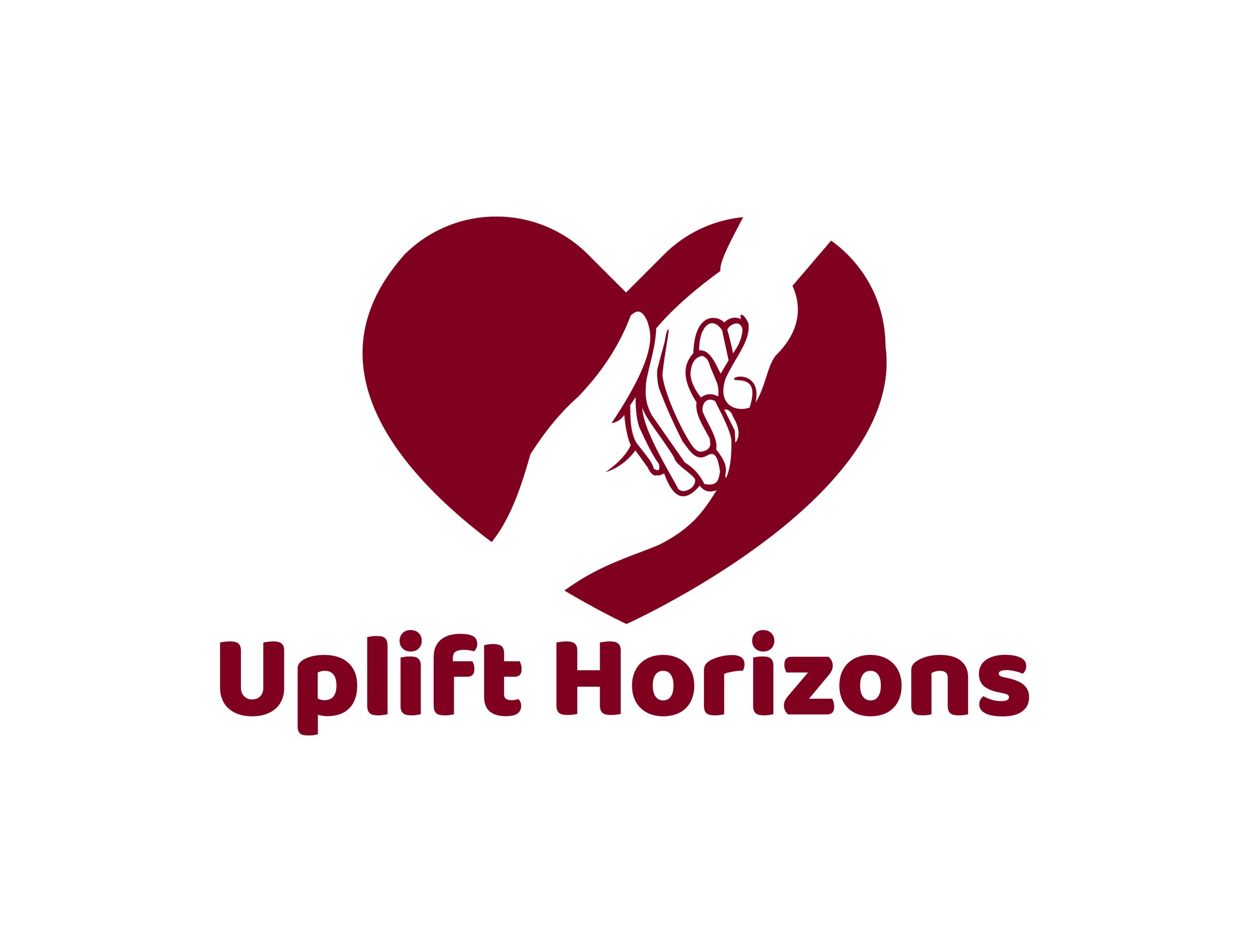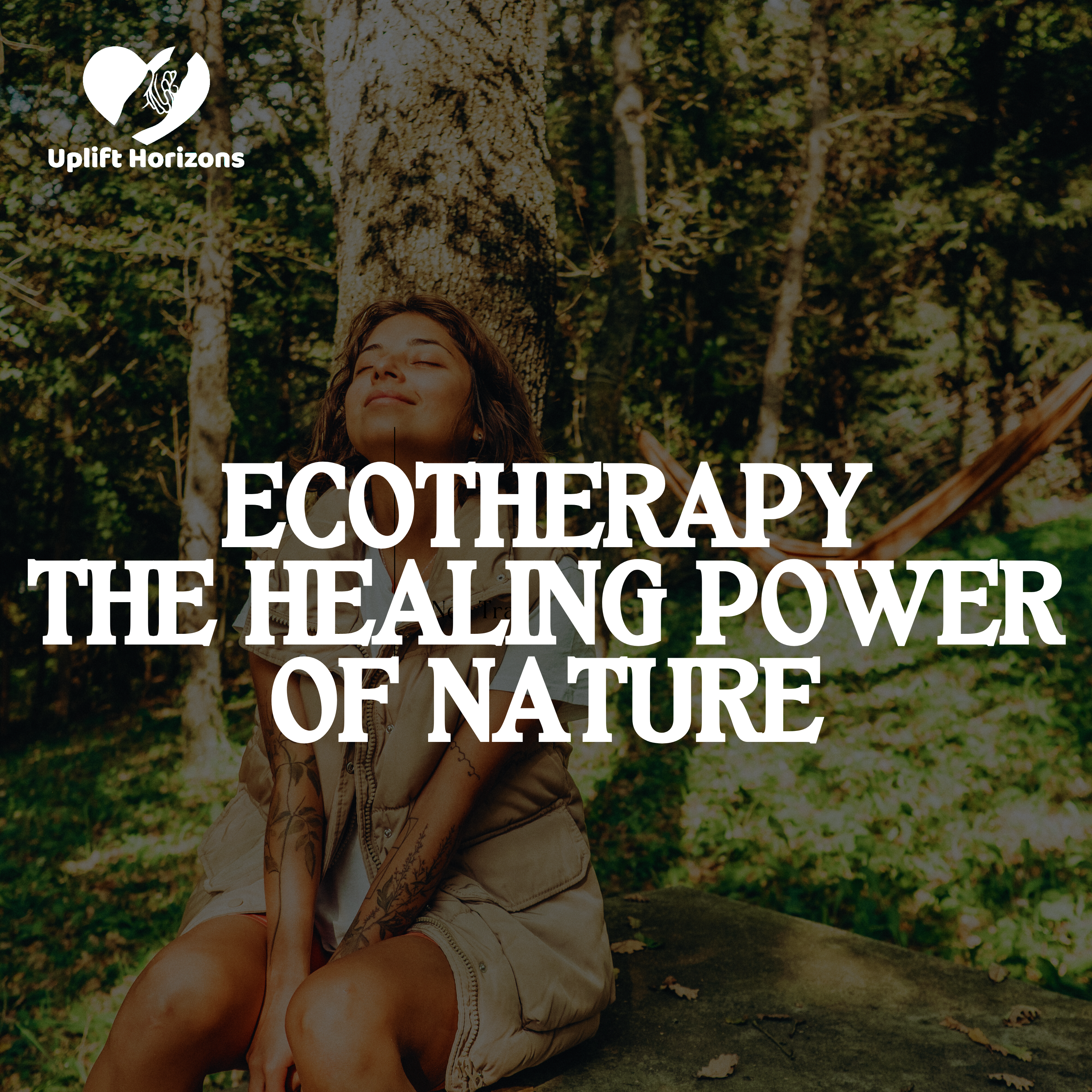Introduction:
In an era marked by increasing environmental concerns and growing mental health challenges, the concept of ecotherapy offers a promising approach to promoting psychological well-being. Ecotherapy, also known as nature therapy or green therapy, recognizes the therapeutic benefits of connecting with nature and engaging in outdoor activities. As an organization committed to mental health advocacy and holistic well-being, Uplift Horizons explores the transformative potential of ecotherapy in enhancing mental health.
The Healing Power of Nature:
Research has shown that spending time in nature can have profound effects on mental health. Nature immersion has been associated with reduced stress, anxiety, and depression levels, as well as improved mood and overall well-being. The sights, sounds, and smells of natural environments evoke a sense of calmness and relaxation, providing a much-needed respite from the pressures of daily life.
Physical Activity and Mindfulness:
Ecotherapy often involves physical activities such as hiking, gardening, or simply taking a leisurely walk in the park. Engaging in these activities not only promotes physical health but also encourages mindfulness and present-moment awareness. Being fully immersed in nature allows individuals to disconnect from technology and distractions, fostering a deeper connection with themselves and the natural world.
Biophilia and Emotional Resonance:
The concept of biophilia, coined by biologist E.O. Wilson, suggests that humans have an innate affinity for nature and living organisms. Exposure to natural environments triggers positive emotional responses and feelings of awe, wonder, and gratitude. These emotional experiences have been linked to increased resilience, creativity, and a greater sense of purpose and meaning in life.
Therapeutic Modalities:
Ecotherapy encompasses a variety of therapeutic modalities, including wilderness therapy, horticulture therapy, and animal-assisted therapy. These approaches leverage the healing properties of nature to address a wide range of mental health issues, from anxiety and depression to trauma and addiction. By incorporating elements of nature into therapy sessions, individuals can explore their thoughts and emotions in a safe and supportive environment.
Conclusion:
As we navigate the complexities of modern life and grapple with environmental challenges, ecotherapy offers a beacon of hope and healing. By reconnecting with the natural world, we can cultivate resilience, find solace in moments of adversity, and embark on a journey of self-discovery and growth. Uplift Horizons remains committed to promoting ecotherapy as a powerful tool for mental well-being, advocating for greater access to nature and green spaces for all individuals.
References:
- Bratman, G.N., Hamilton, J.P., & Daily, G.C. (2012). The impacts of nature experience on human cognitive function and mental health. Annals of the New York Academy of Sciences, 1249(1), 118-136.
- Kuo, M. (2015). How might contact with nature promote human health? Promising mechanisms and a possible central pathway. Frontiers in Psychology, 6, 1093.
- Kaplan, S. (1995). The restorative benefits of nature: Toward an integrative framework. Journal of Environmental Psychology, 15(3), 169-182.
- Wilson, E.O. (1984). Biophilia. Cambridge, MA: Harvard University Press.





